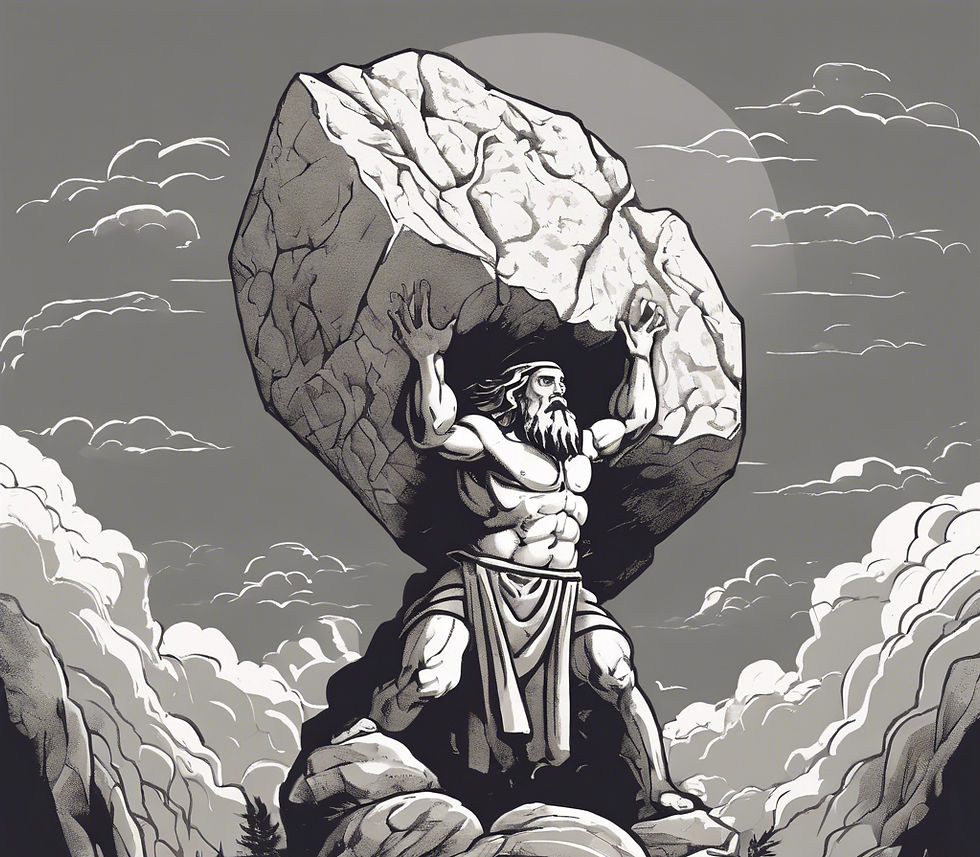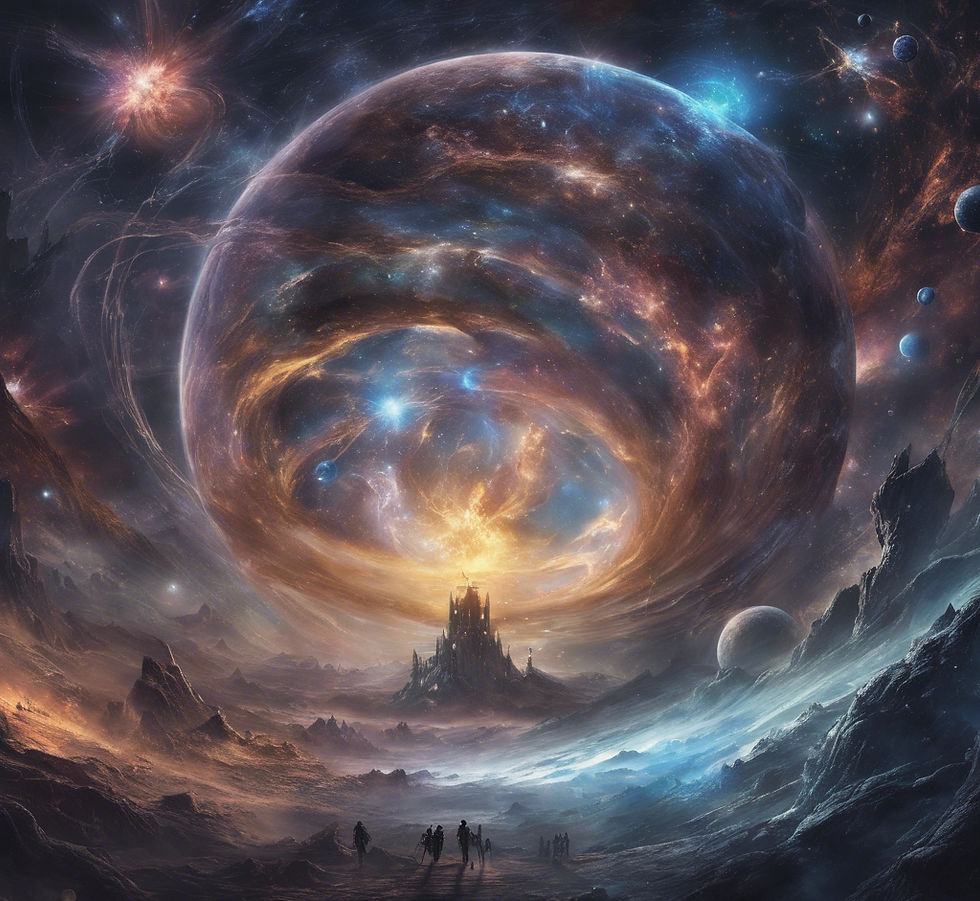Is everything possible for God? - The omnipotent paradox
- Jibin Simon
- Jun 13, 2024
- 2 min read
The question of omnipotent paradox is always lurking in the background for anyone who ever doubted the true omnipotence. Scholars, theologians, and philosophers have been debating it for ages. The ancient Greek philosopher Xenophanes is credited with one of the first documented explorations of this conundrum. He criticized the idea of anthropomorphic gods with human-like limitations. With the growth of monotheistic religions like Christianity, Judaism, and Islam, the omnipotent dilemma became more well-known in the Western philosophical tradition.

The central query that unites the entire philosophy is "whether an omnipotent being, like a God, can create a stone so heavy that even they cannot lift it."
Philosophers have been captivated by the notion of an all-powerful deity performing an impossible task for itself throughout history. Various theologians and philosophers, including Thomas Aquinas and St. Anselm, have offered contrasting perspectives on the nature of divine omnipotence and its implications. Some believe that God is still subject to logical constraints.
This leads us to another important question: Is God above or below reason and science, or does God fall inside them? Put more simply, is it not possible for God to follow the rules of mathematics, the purest science of all? Is it possible for him to make a triangle whose angles don't sum up to 180°? There is a vast list of paradoxes, and when they are considered, believers in God's omnipotence have to recognize many things that are impossible for even God to accomplish.
Understanding this allows us to gain a greater insight into how organized religion has shaped the idea of omnipotence as some sort of human hope. The concept of an almighty deity is frequently presented as a foundational belief in organized religions. It is common to have this omnipotence represented as having the capacity to do anything, exert control over every facet of existence, and overcome all obstacles. But as people delve more into the philosophical implications of this kind of omnipotence, paradoxes like the omnipotent paradox surface, casting doubt on oversimplified conceptions of divine power.

As we consider these paradoxes, we begin to see that the conventional understanding of omnipotence may be more of a human invention than a true reflection of divine truth. It symbolizes our need for supreme authority, command, and confidence in the midst of uncertainty and misfortune. One way to see this want for omnipotence is as a psychological coping technique that offers a sense of hope and security in a complex and often unpredictable world.
If God is how they say he is, then he is a paradox and it's a fallacy; if however, he is not how we know him, then he could be real and far aloof from human ingenuity.



Comments